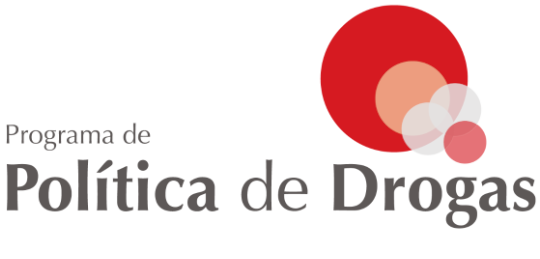Assessing police officers’ attitudes and legal knowledge on behaviors that impact HIV transmission among people who inject drugs
Abstract
Background
Policing practices such as syringe confiscation and arrest can act as important social-structural drivers of HIV risk among people who inject drugs (PWID). However, police referral to treatment and other services may improve the health of PWID. Little is known about the role of modifiable attitudinal and knowledge factors in shaping officer behavior. Using baseline findings from a police education program (PEP), we assessed relationships between drug policy knowledge and attitudes towards public health interventions with self-reported syringe confiscation, drug arrest, and service referral among street-level police in Tijuana, Mexico.
Methods
Between February, 2015 and May, 2016 we surveyed 1,319 police officers who reported syringe contact. The self-administered survey focused on attitudes, knowledge, and behaviors related to drug policy, public health, and occupational safety. We used ordinal logistic regression to model the odds of syringe confiscation, arrest for heroin possession, and referring PWID to health/social programs.
Results
The sample was mostly male (87%) and had at least a high school education (80%). In the last six months, a minority reported always/sometimes confiscating syringes (49%), arresting someone for heroin possession (43%), and referring PWID to health and social programs (37%). Those reporting needlestick injuries (NSI) had 1.38 (95% CI: 1.02–1.87) higher odds of reporting syringe confiscation. Officers who had favorable views on laws that treat addiction as a public health issue had lower odds (aOR= 0.78; 95% CI: 0.59–1.03) of arresting PWID. Those agreeing that it was their role to refer PWID to health and social programs had higher odds of reporting such referrals (aOR: 3.32, 95% CI: 2.52–4.37). Legal knowledge was not associated with these practices.
Conclusion
Changing drug policy and knowledge may be insufficient in shifting police behavior. Modifying officers’ occupational risks and attitudes towards harm reduction interventions can facilitate efforts to align police practices with PWID health.
Descarga el archivo aquí
Enlace directo aquí
Más Vistos
- La metanfetamina y el CJNG. Análisis de una reconfiguración del mercado de...
- The “War on Drugs” in Mexico: (Official) Database of Events between December...
- Deadly force and denial: the military's legacy in Mexico's ‘war on drugs’
- Age-specific rates of onset of cannabis use in Mexico
- Fragmentation and cooperation: the evolution of organized crime in Mexico
Más Recientes
- The Connection Between Drug-Related Detentions and Drug-Related Violence:...
- “Resulta aberrante su actuar”: Mujeres acusadas de delincuencia organizada
- Where there is smoke, there is fire? Making sense of the past failure and future...
- Civil Society Organizations and Harm Reduction Policy: The Mexican Case
- How frequent and visible criminal violence affects housing prices: evidence from...

